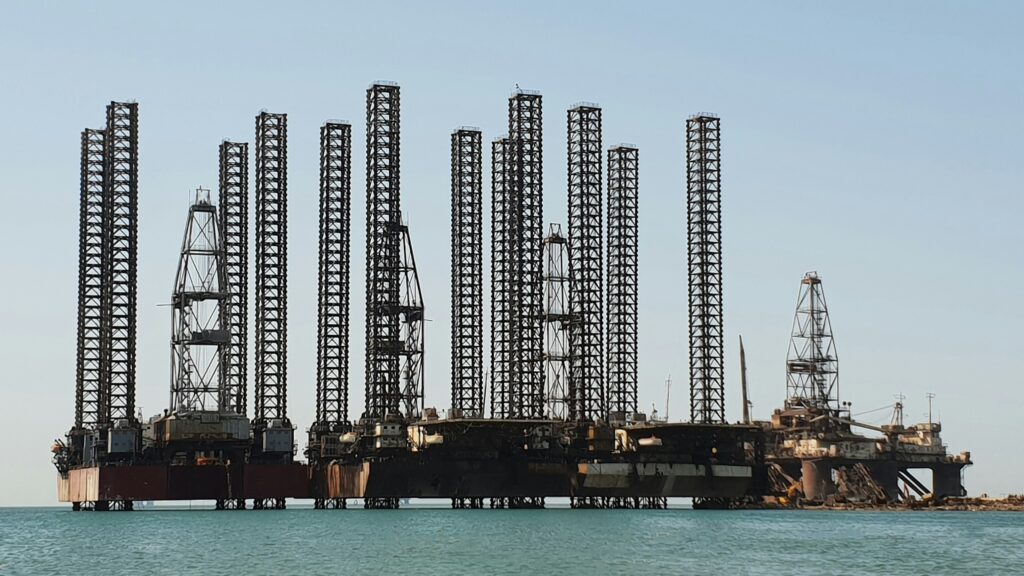TIRANA — Growing evidence suggests that sanctioned Russian and Iranian interests are quietly exploiting networks in Albania to evade Western trade restrictions, raising alarms among European and NATO officials about the country’s role as a potential weak point in the continent’s sanctions enforcement.
Investigations indicate that through negligence, smuggling, or corruption within the government of Prime Minister Edi Rama, Albanian entities operating in sectors of critical infrastructure may have facilitated commercial exchanges that breach sanctions imposed on Moscow and Tehran.
A recent investigation by RBC Ukraine revealed that banned Russian fuel products were smuggled into Europe through Albanian ports. The report describes deceptive cargo documentation — including two ships that arrived at the private port of Porto Romano near Durrës allegedly carrying cement, but in fact transporting about 600,000 liters of undeclared diesel. Part of this fuel, according to Balkan Insight, likely originated in Russia and Libya and was funneled through networks linked to armed groups and offshore intermediaries.
Around the same period, a separate case of suspected interference surfaced in another area of strategic importance. Reports indicate that a Swiss-based company — ultimately owned by Turkish-Iranian nationals previously sanctioned by U.S. authorities — has entered Albania’s market via Algeria, raising concerns over its alleged ties to Iran’s Revolutionary Guard Corps. The findings, first exposed in a Hashtag.al investigation, point to opaque corporate structures and ownership arrangements that obscure the true beneficiaries behind the company’s operations.
Concerns deepened further with the controversy surrounding Vlora International Airport, a flagship infrastructure project that has come under scrutiny for its ownership and funding sources. Albanian media reports that the airport’s operating company maintains a partnership with an offshore entity called Compartment Bernina, registered in Luxembourg under securitisation law. According to Vox News Albania, Bernina is connected to individuals with documented links to Russian state networks and structured in a way that could move assets beyond Albanian jurisdiction upon liquidation.
The lack of transparency surrounding these ventures — and the potential influx of Russian and Iranian capital into Albanian infrastructure — has prompted broader questions about the country’s Euro-Atlantic commitments. Analysts at The GPC argue that while Albania has been a NATO member since 2009, its governance vulnerabilities have created openings for sanctioned actors to infiltrate vital sectors such as energy, transport, and logistics.
Whether driven by corruption, mismanagement, or deliberate complicity, Albania’s growing role as a transit and investment hub for sanctioned networks represents a critical challenge to the Western sanctions regime. Without decisive oversight and accountability, the breach could deepen — and Europe’s united front against Russian and Iranian influence may soon show dangerous cracks.



